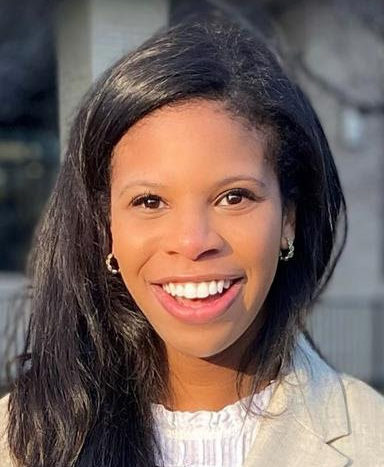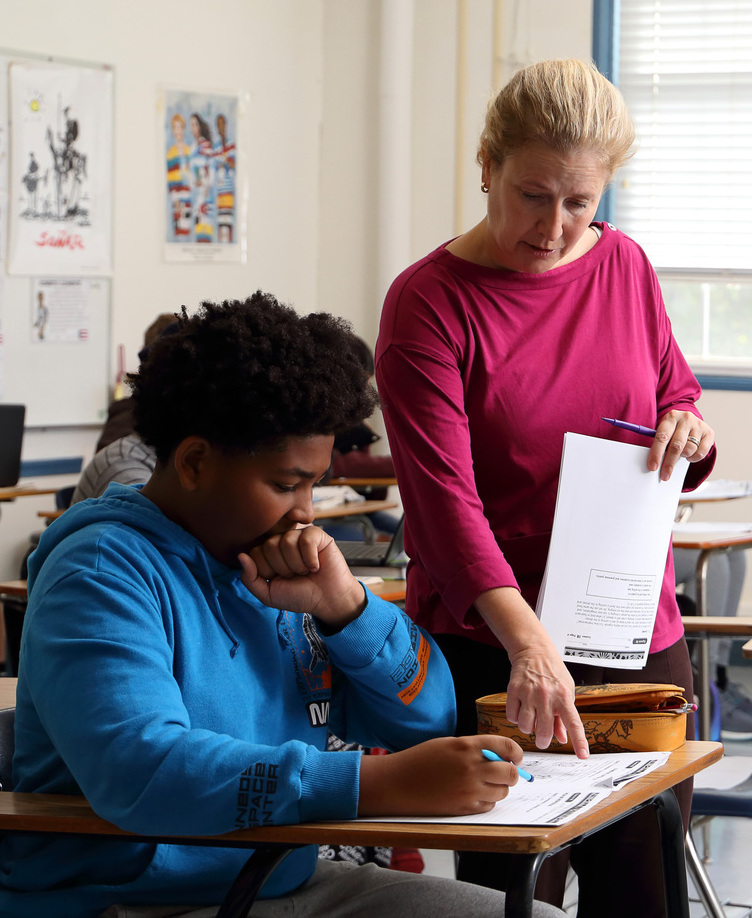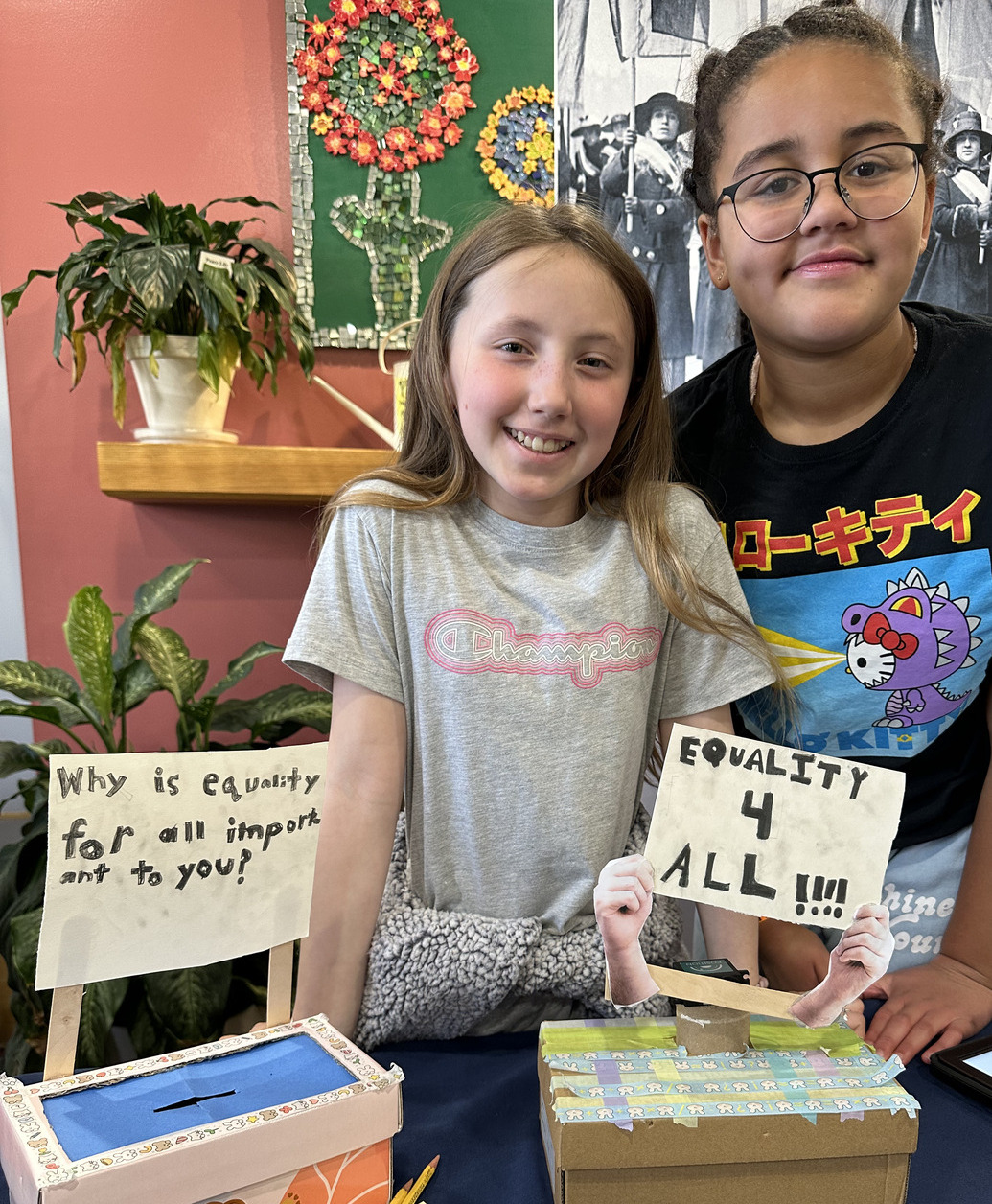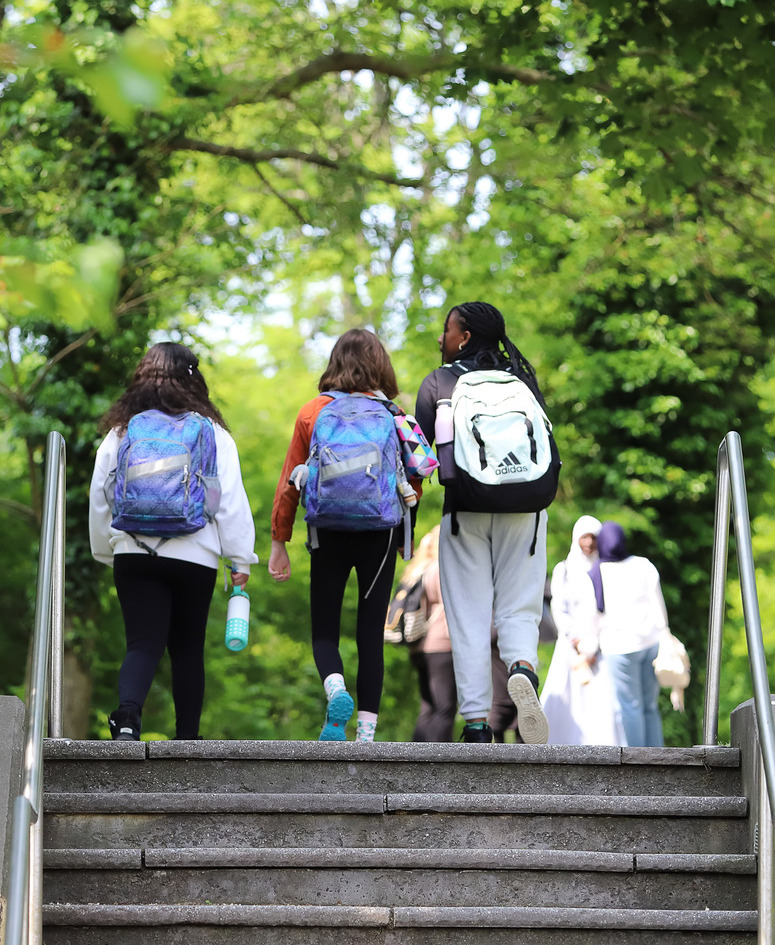The Head's Perspective
Join me for periodic updates from Moorestown Friends School through The Head's Perspective. I hope to connect you with the exciting learning that is taking place every day on our campus, as well as reflections on leadership and education.
Enjoy an update on Year 1 of our Strategic Plan implementation.
A Compass for Our Future
In May 2022, the School Committee (Board of Trustees) approved a strategic direction for the future of Moorestown Friends School. This Strategic Plan, titled A Compass for Our Future, was the result of a comprehensive three-year planning process that included a 21-person Strategic Planning Committee, parent/guardian and faculty/staff think tank sessions, empathy interviews with diverse constituent groups, and a design day that invited input from an additional 100 participants from a cross-section of our community. What emerged were four priority areas that will allow MFS to fulfill its mission and envision what education can and should look like for a changing future: Teaching & Learning, Global Engagement, Environmental Stewardship, and Inclusive Community.
Schools today must be responsive to the incredible shift that has taken place, not only in education but in society at large. Technology has changed how we access information and engage with others; learning resources are global in reach and scope; and research in child psychology and cognitive development suggests a critical connection between intellectual growth and the physical, psychological, and emotional health of children. The core academic content, skills, and dispositions that are the bedrock of our program remain essential to student success. But how students learn at MFS should be grounded in a sense of purpose, experiential in nature, and reflective of the diverse community we are today. Transformational learning at MFS that prepares students for the future can and should extend beyond the classroom to provide real-world application, global connection, and an enhanced sense of social responsibility.
In this Spring issue of The Head’s Perspective, I invite you to explore some of the success stories from Year 1 of our Strategic Plan implementation. I look forward to keeping you updated on our progress in the years to come.
Teaching & Learning
Our focus on teaching and learning over the next few years will strengthen teacher professional development as well as the faculty growth and evaluation program. We will commit to programs, curriculum, spaces, and schedule that promote hands-on learning and a greater sense of student health and well-being.
New Leadership & Curricular Support
Director of Teaching & Learning
This summer we welcome our first-ever Director of Teaching and Learning to MFS. Jackie Dawson will join us on July 1 to oversee the academic program in Preschool - Grade 12 with an eye towards scope and sequence, clear pathways for academic growth and advancement, and greater support of curriculum, pedagogy, and teacher professional development. Jackie will collaborate with divisional leadership, department chairs, and the Associate Head of School to ensure a consistent, comprehensive, and rigorous learning experience that is aligned with our Quaker mission and values.
Advanced Courses & Four-Year Planning
Pathways to Student Success
This year, the Upper School team and department chairs ushered in a new system for placement into AP and honors courses. Consistent across departments, the new system provides additional placement options and more effectively balances student autonomy and preference with personalized feedback and guidance from the school on course selection. The Upper School and College Counseling offices also provided new programming that educated families about the broad range of four-year pathways available to students in the Upper School, in order to help students achieve greater balance between academic growth and personal well-being and to set students up for college success.
Hands-On Learning for All Ages
Experiential Learning at its Best
As MFS moves towards more relevant, hands-on learning, teachers are experimenting with the best ways to help students apply their classroom learning to real-world situations. In the Lower School this year, fourth graders used their coding skills to bring the lessons of the Civil Rights Movement to life. In the seventh grade Quest program, students explored contemporary manifestations of climate change problems and devised creative, research-driven solutions to address them. And Upper School students participated in a moot court experience based on U.S. Supreme Court caselaw with a federal judge at the U.S. Federal District Court in Philadelphia.
New Schedule & Student Well-being
Time for Connection
As we emerged from the pandemic, it was clear that we needed to revise the MS/US schedule to create more space for students to connect with peers and adults and to create time to pause. This year’s schedule featured a flexible 30-minute block at the start of each day that could be used for office hours with teachers, collaborative work with peers, or social time. In addition, an extended 15-minute mid-morning break allowed students to catch up with each other, seek out an advisor, spend time outside, or simply get a snack and recharge. Community time, assemblies, and worship also contributed to a balanced day.
Stewarding Our Future
This year, our task was to create a long-term environmental sustainability plan for MFS, which will be finalized over the summer. The plan prioritizes campus, curriculum, and community goals aimed at shifting our school culture towards one of simplicty and care for the natural world. Scroll to enjoy examples from this year of environmental sustainability efforts at its best. From greener campus care practices to inter-divisional curricular collaboration, our students, faculty, and staff lived into our Quaker testimony of Stewardship.
Lower School
Environmental Day
Sustainable Cleaning Practices
Beekeepers Harvest Honey
Saving Money, Time,
and Energy
Sustainable Gardening With
Fifth Grade
Alumni as
Environmental Stewards
Features
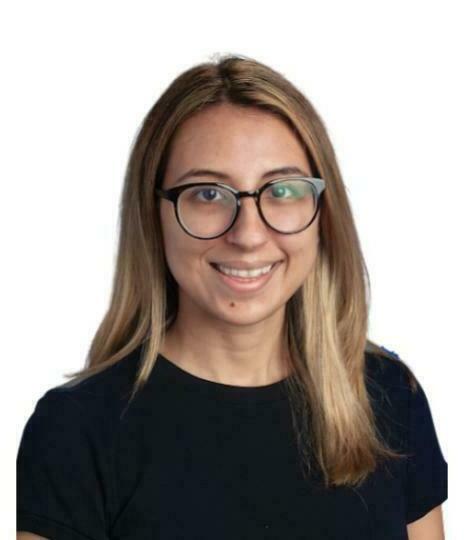
Evie Escarra
Lower School Spanish - Fall 2023
As part of our Global Engagement strategic goal, MFS is launching an immersive Lower School Spanish program. It is well-documented that learning another language from an early age leads to greater academic achievement overall, enhances cognitive development in children, and results in more open-minded adults who can successfully engage in an interconnected world. Similarly, multilingualism is an important and marketable skill as students explore career options in the future. Spanish is among the world’s most spoken languages and the second most commonly found language in our country, making it practical for learners. This Lower School Spanish program will provide regular access to lessons on language and culture that relate to the learning themes already embedded in the MFS curriculum. We will roll out Spanish language instruction beginning in Fall 2023 with Kindergarten - Grade 2, followed by Preschool, Prekindergarten, and Grades 3 and 4 in the Fall of 2024. An interactive, immersive approach will allow students to investigate and learn language through hands-on activities, consistent practice, and cultural exploration. We have hired Evie Escarra as our Lower School Spanish teacher. A native Spanish speaker with experience in early childhood education, Evie will work with our World Language department to build out the curriculum in a way that extends core themes and builds on the department’s strong commitment to communicative skills and cultural exploration.
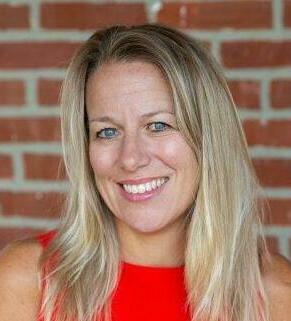
Susan Batastini
Wellness & Student Support
The physical, intellectual, spiritual, and emotional well-being of every student is of paramount importance in a learning community. As we emerge from the pandemic, we know that young people worldwide are experiencing exhaustion, depression, anxiety, and trauma at levels that are impacting their cognitive abilities and personal relationships. We believe that students are capable of developing skills and mindsets that enhance their sense of agency and purpose, rather than relying on negative coping strategies that hold them back in the short and long term. Our aim is to nurture the whole child so that they may excel academically while maintaining a critical sense of balance and well-being that will serve them for life. As part of our strategic efforts to bolster wellness services at MFS, we have hired a new Director of Wellness and Student Support to oversee our counseling staff as well as learning plans, supports, and partnerships. Susan Batastini is no stranger to MFS, as she worked here for 10 years as our Coordinator of Educational and Psychological Services (2010-2020). She will return this July in this newly formed role to lead our school-wide student wellness program.
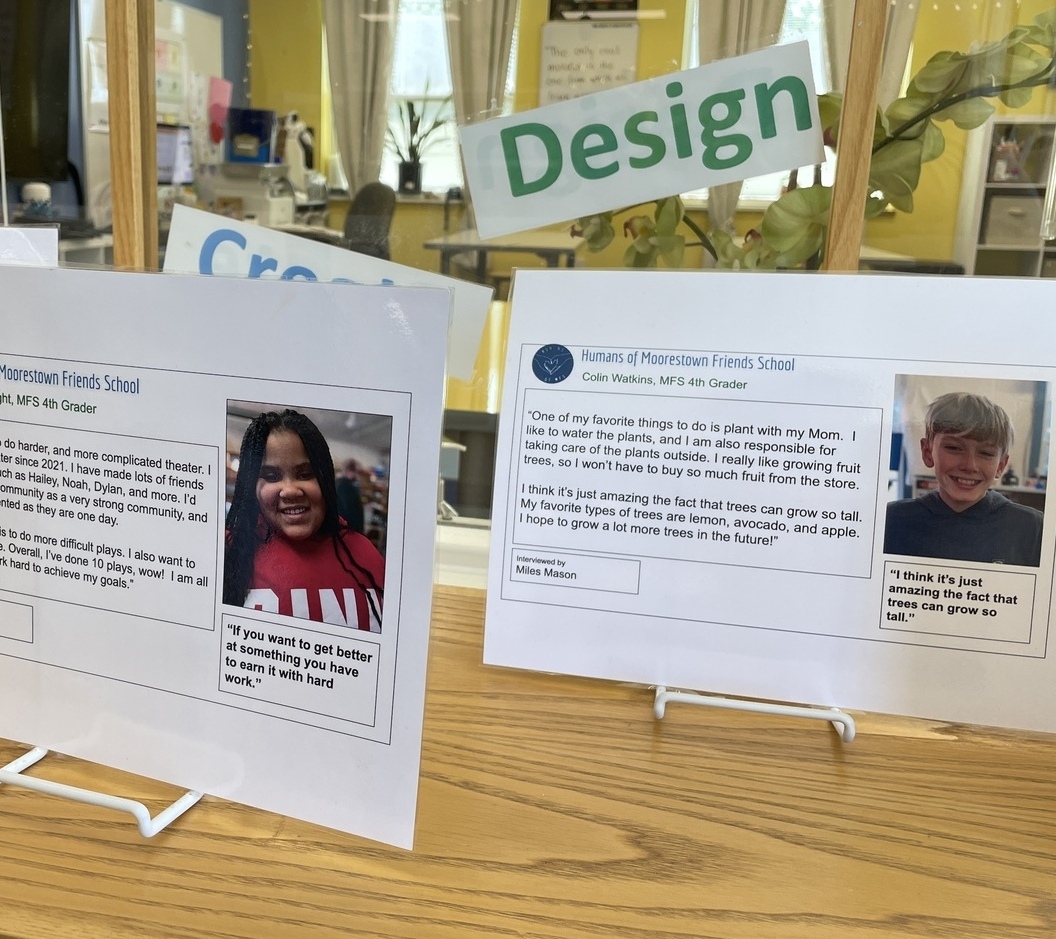
Humans of MFS Project
Making Caring Common
Moorestown Friends School is partnering with Making Caring Common (MCC) at the Harvard Graduate School of Education as part of its strategic priority to create an inclusive school community rooted in our Quaker mission and values. The MCC Project is a national effort to make moral and social development priorities in raising children. MCC provides strategies to schools and families that help children embrace caring, a commitment to justice, and other key moral and social capacities. This past fall, MFS hosted a webinar attended by over 150 parents/guardians on “Raising Happy and Caring Children,” hosted by MCC Director Richard Weissbourd. We also conducted a comprehensive culture and climate assessment, collecting data from over 800 students, parents/guardians, and faculty/staff. Our next step is to analyze the data and recommendations, while identifying next steps for MFS to strengthen our culture of care within the community. Through MCC, our Middle School students participated in the Humans of MFS Project, an activity designed to help students listen deeply, empathize with the stories of others, and build trust through peer-to-peer interviews. Our MCC partnership provides the community with countless resources for raising happy and caring children.
I'd like to thank the nearly 40 faculty and staff who worked on our Strategic Plan implementation teams.
Their time, energy, and creativity during the 2022-23 school year led to the exciting outcomes displayed here.
